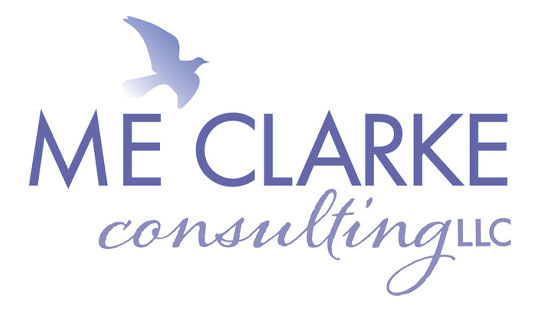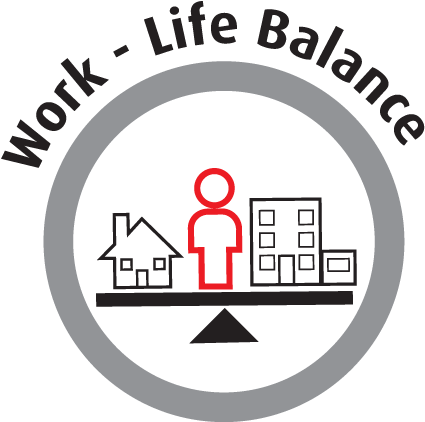Reframing Conflict
Does the thought of conflict have you running for the hills?
Navigating conflict is a sticky wicket on teams and it is a vital and necessary skill for any leader…any team member, really. The ability to disagree is critically important to our ability to commit, buy-in, and make the right decision at the right time. While it feels counterintuitive, a first step to agreeing is disagreeing. Our ability to wholeheartedly say yes begins with our ability to say no (or I’m not sure, or I have doubts about that, or I disagree).
When we can reframe conflict as a healthy debate where ideas are challenged and vetted to get to the best solution, it leads to deeper trust on the team and better outcomes. Many folks tend to take an avoidant approach to conflict, retreating to a place we call artificial harmony. Though it can feel easier to shy away from difficult conversations or challenging another’s ideas, avoiding conflict can result in unwanted behaviors (think: the dreaded meeting after the meeting, undermining a decision after you agreed to it, or going along to get along while resentment festers under the surface). Many people fear navigating hard conversations or the potential for personal attacks, but avoidance keeps us in a different, yet equally unhealthy place.
Research supports reframing conflict as a debate as most of us are conflict-averse. If the folks on your team prefer not to rock the boat, consider inviting them into an ideological debate or assigning someone to play ‘devil’s advocate’. If you’re on a fiery team that can handle the heat, seeing conflict as debate re-centers folks toward a mutually beneficial result and away from a win-lose.
Healthy conflict is a critical behavior on any team. Being able to express doubt or dissent, ask questions, present healthy skepticism, or challenge each other to make ideas and approaches better is essential to high performance. Regardless of what it’s called, healthy conflict or debate, be wary of agreeing to disagree especially if it results in the wrong decision and leaving us wishing we had spoken up.
The ability to disagree and navigate divergence with our peers and teams is built upon our ability to trust ourselves and each other. It requires us to be brave and lean in with vulnerability.
Ready to rethink conflict? Let’s explore the possibilities.









Leave a Reply
Want to join the discussion?Feel free to contribute!